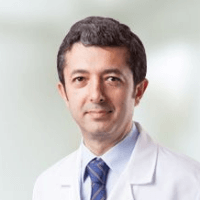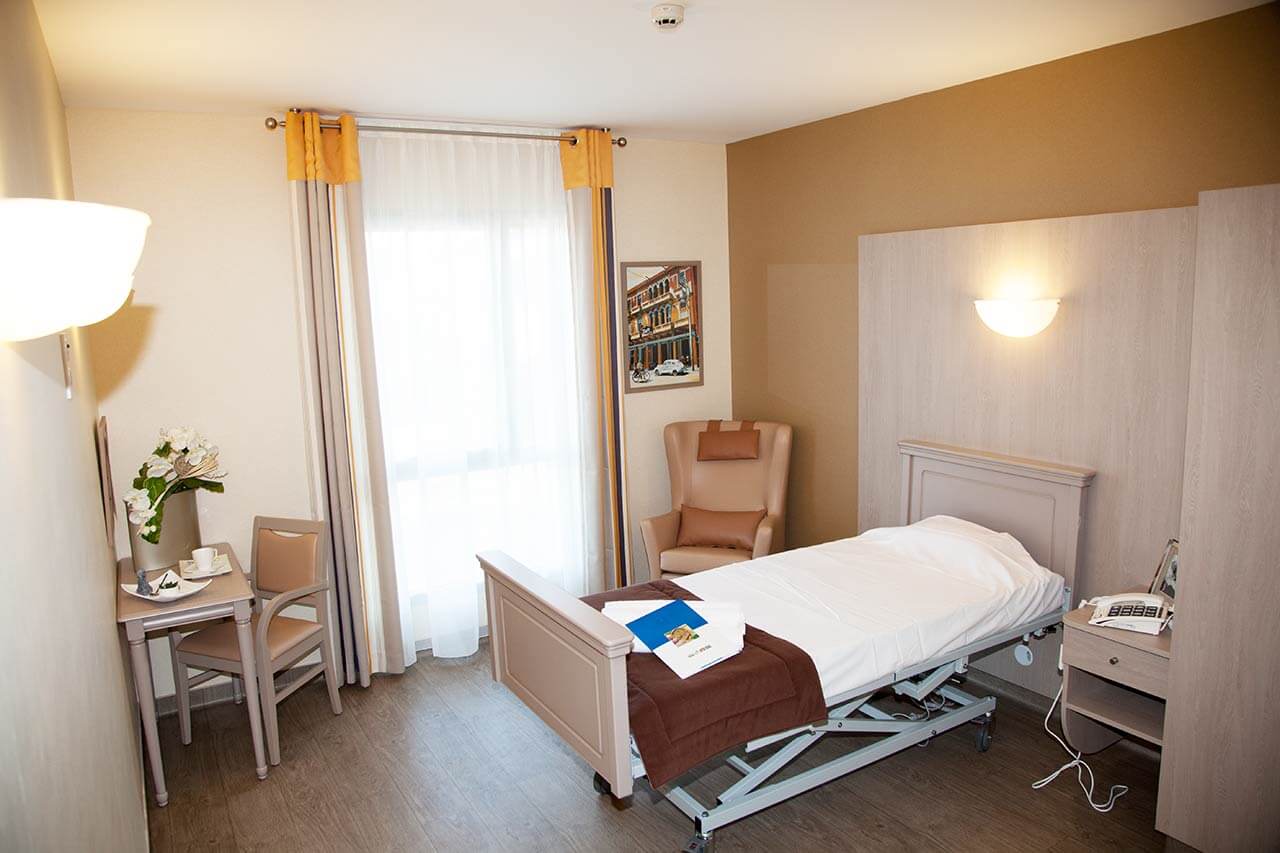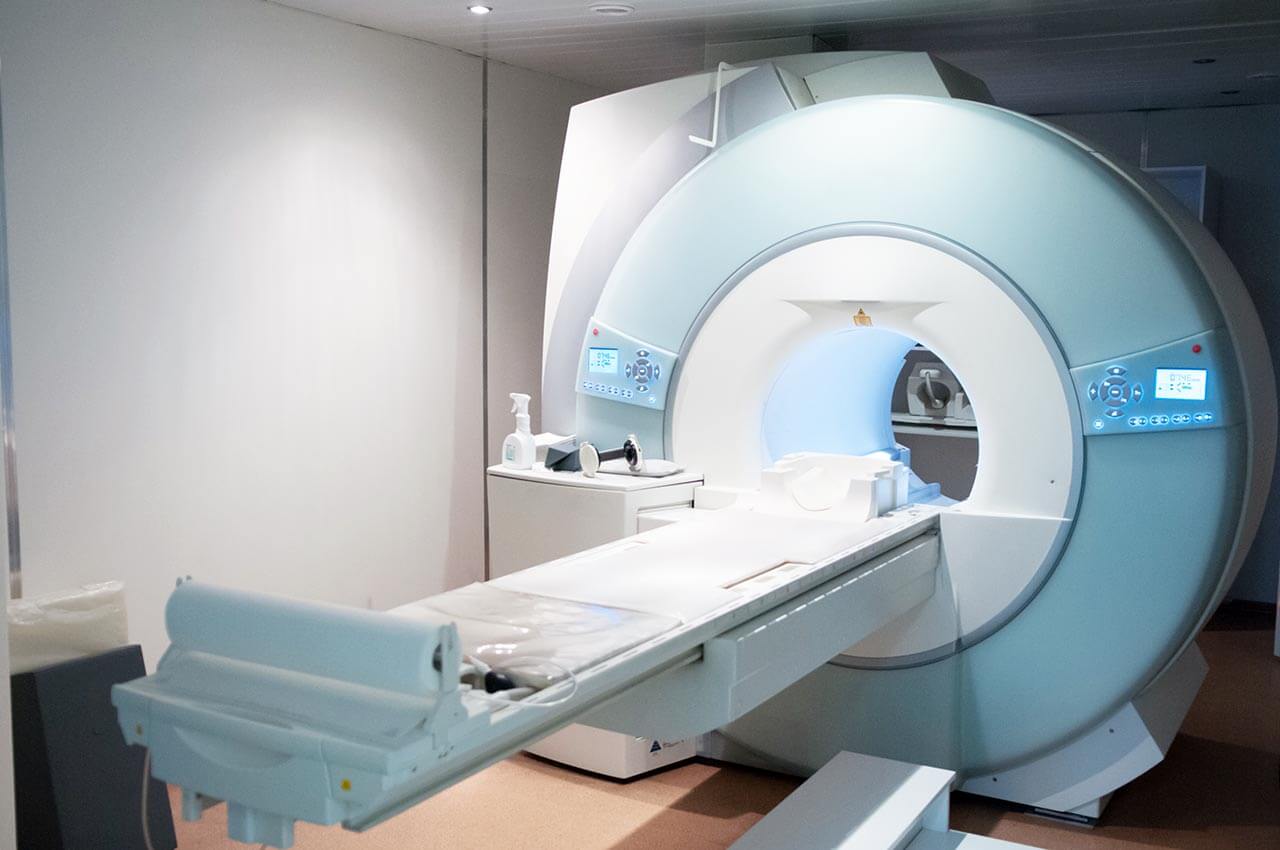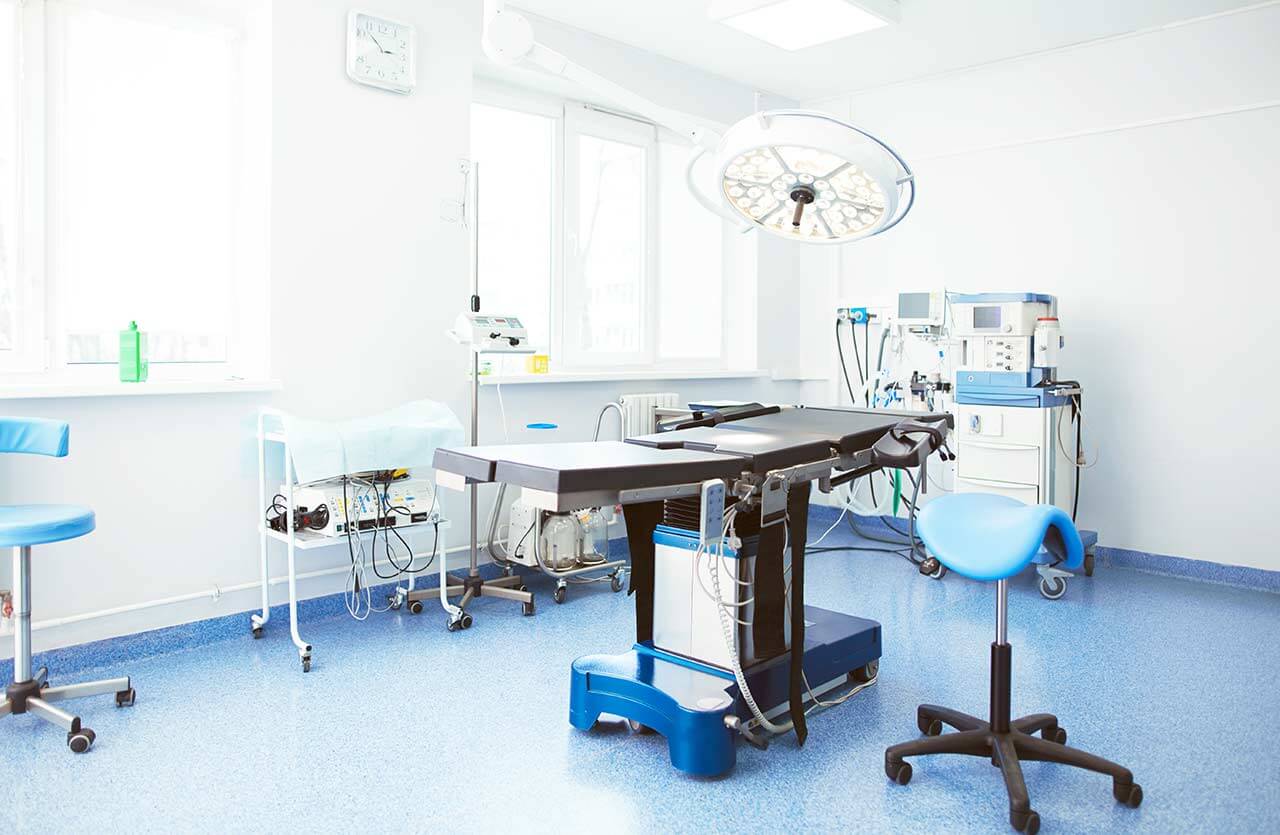
The program includes:
- Initial presentation in the clinic
- clinical history taking
- review of medical records
- physical examination
- ophthalmological examination:
- slit lamp examination
- pupil examination
- ocular motility examination
- ophthalmoscopy
- perimetry (visual field test)
- computer perimetry
- visometry (without correction and with correction)
- keratometry
- pachymetry
- refractometry (objective, subjective, cycloplegic)
- autorefractometry
- non-contact tonometry
- fluorescein angiography (if indicated clinically)
- optical coherence tomography OCT (if indicated clinically)
- gonioscopy
- photokeratoscopy
- nursing services
- services of chief physician and all leading experts
- explanation of individual treatment plan
Required documents
- Medical records
Service
You may also book:
 BookingHealth Price from:
BookingHealth Price from:
About the department
The Department of Adult and Pediatric Ophthalmology at the Dunyagoz Hospital Istanbul offers the full range of diagnostics and treatment of ophthalmic diseases in patients of various age groups. Of particular interest to the department’s doctors is the treatment of cataract, glaucoma, corneal and retinal diseases, presbyopia, amblyopia, strabismus, uveitis, inflammatory lesions of the eye and its appendages, neuro-ophthalmic pathologies. The specially trained team of pediatric ophthalmologists takes care of the vision of young patients. The department has advanced medical equipment, which allows the doctors to provide the most accurate diagnostics. The obtained results allow the doctors to develop the most effective treatment regimen.
The Chief Physician of the department is Prof. Dr. med. Akif Özdamar. The professor specializes in the treatment of cataract, corneal diseases, keratoconus, presbyopia, and LASIK. The doctor has performed more than 24,000 successful surgical interventions, the experience of his clinical work is more than 18 years. He is also the author of more than 50 scientific publications in international journals. The professor has not only earned the authority in Turkey, but also is widely known far beyond its borders.
It is worth noting that many department’s ophthalmologists are well-known professors, assistant professors and medical specialists. They regularly take part in international congresses, where they make reports on personally developed treatment methods. Prof. Dr. med. Ioannis Pallikaris deserves special attention. He is the Chairman of the European Society of Cataract and Refractive Surgeons. The professor is a developer of LASIK and Epi-LASIK techniques, the author of a number of scientific publications and a recipient of many professional awards.
One of the department's key focuses is cataract treatment. This is a fairly common disease, which affects both the elderly and newborn infants. The pathology can be caused by diabetes mellitus, prolonged use of drugs containing glucocorticosteroids, eye injuries.
The only treatment for mature cataract is surgery. The operation is performed under local anesthesia, with minimal use of a scalpel (minimally invasive technique). The department’s specialist use femtosecond laser to treat cataract. Femtosecond radiation increases the safety of the operation and significantly reduces the risk of complications. The most important step in the operation using this technology is the preparation of a capsule for placement of an artificial intraocular lens. In addition to the cure for cataract, the intraocular lens implantation allows the patients with myopia, hyperopia and astigmatism to get rid of glasses.
Another treatment method for cataract is phacoemulsification. The surgeon accesses the lens through a micro incision up to 2.2 mm in size. During the operation, the lens is softened by ultrasound, after which the resulting emulsion is removed from the eye by an aspirator. An intraocular lens is implanted instead of the removed one. The department uses Alcon-IQ flexible intraocular lenses approved by the Food and Drug Administration (FDA).
The department also offers top-class medical services in refractive eye surgery (laser vision correction). The therapeutic options in this field include various modifications of such advanced laser techniques as LASIK, LASEK and PRK. The most common refractive surgery method is LASIK. During the procedure, a thin surface layer of the cornea is separated, which is lifted to form the surgical access and returned upon the correction completion. A new corneal profile is created using an excimer laser, which allows the light beams to focus precisely on the retina. Such operations are performed by specially trained doctors with extensive experience in laser surgery. The department also widely uses modern iLASIK laser technology. This technology accurately takes into account the individual optical data of patients and allows the doctors to achieve unique results. In addition, the iLASIK technology has proven to be the safest possible treatment method. The department's doctors specializing in laser vision correction have long experience and the highest qualifications in this field of ophthalmology. The optimal treatment technique is selected according to the optical data obtained during the series of diagnostic procedures. If the Intralase or iLASIK techniques are not indicated to the patient, then alternative treatment methods of the top layers of the cornea become an option of choice. These include photorefractive keratectomy (PRK). In this case, a single flap is not removed from the surface of the cornea, but its upper cell layer – epithelium, is completely removed.
In addition, the first center for the diagnostics and treatment of keratoconus in Turkey was opened on the basis of the department. Keratoconus is a degenerative eye disease, in which the cornea of the eye gradually becomes thinner and takes on a conical shape. In the treatment of keratoconus, the special contact lenses, cross-linking, corneal rings (Intacs) and transplantation are applied.
Particular attention in the clinical practice is paid to eye health in children. The diagnostics and treatment involves the use of FDA-approved technologies and materials. If pain relief is required, anesthesia is performed by doctors specializing in paediatric anesthesiology. The surgical interventions are performed in sterile operating rooms, on the operating tables specially equipped for children. All materials are intended for a particular patient, strictly sterile and are used only once.
It is noteworthy that all operating rooms of the department have cutting-edge equipment, due to which both simple and the most complex ophthalmic operations can be performed here (retinal interventions, corneal transplantation, etc.).
The department's range of ophthalmic services includes:
- General diagnostics of the eye and its appendages
- Diagnostics and treatment of cataract
- Diagnostics and treatment of glaucoma
- Diagnostics and treatment of keratoconus
- Diagnostics and treatment of retinal diseases
- Retinal detachment
- Diabetic retinal angiopathy
- Diabetic retinopathy
- Macular degeneration
- Retinopathy of prematurity
- Refractive eye surgery (laser vision correction)
- Implantation of intraocular lenses
- Diagnostics and treatment of presbyopia
- Selection of glasses and contact lenses
- Diagnostics and treatment of strabismus
- Diagnostics and treatment of color blindness
- Diagnostics and treatment of corneal diseases, including corneal transplantation
- Plastic surgery of the eye and its appendages (oculoplasty)
- Diagnostics and treatment of retinal lesions (uveitis and ankylosing spondylitis)
- Diagnostics and treatment of neuro-ophthalmic diseases (eye diseases in Alzheimer's disease, Parkinson's disease, multiple sclerosis)
- Diagnostics and treatment of amblyopia
- Diagnostics and treatment of pediatric eye diseases
- Corneal diseases in young children
- Amblyopia
- Glaucoma
- Eyelid diseases
- Nasolacrimal duct obstruction
- Infectious eye lesions
- Retinopathy of prematurity
- Eye tumors in young children
- Color blindness
- Nystagmus (involuntary oscillatory eye movements)
- Congenital cataract
- Diagnostics and treatment of other eye diseases in adults and children
Curriculum vitae
Education
- Bachelor's degree, Cerrahpaşa School of Medicine, Istanbul University.
- Master's degree, Cerrahpaşa School of Medicine, Department of Ophthalmology, Istanbul University.
Clinical Interests
- General eye diagnostics.
- Cataract surgery.
- Treatment of keratoconus.
- Treatment of corneal diseases.
- Treatment of presbyopia.
- Laser therapy.
Photo of the doctor: (c) Dunyagoz Hospital Istanbul
About hospital
The Dunyagoz Hospital Istanbul was founded in 1996 and today it is the largest in Turkey and at the international medical arena. The group contains 25 specialized centers in Turkey and abroad. The hospitals work in 11 cities in Turkey. The main ones are located in Istanbul, Ankara and Antalya. The hospital annually serves about 96,000 foreign patients from more than 100 countries of the world.
Opened in June 2004, the Ataköy Hospital in Istanbul is the largest specialized Eye Hospital in the world. The total area of the medical facility is 12,000 sq.m. The hospital has 5 operating rooms, 42 patient rooms, as well as 20 diagnostic rooms with state-of-the-art equipment. It performs more than 400 examinations and more than 100 operations every day. The hospital employs an experienced medical team, which has undergone special training in their field of competence.
Thanks to constant technical updates, the experienced medical staff consisting of 300 doctors, including professors and assistant professors, and a modern management model, the Dunyagoz Group managed to hold the leading position among the Eye Hospitals in a short time.
The medical group has the quality certification of the Joint Commission International (JCI) and the Technical Inspection Association (TÜV), which indicates the extremely high standards of medical care. To provide surgical treatment, the doctors use in their clinical practice only lenses and materials approved by the Food and Drug Administration (FDA).
Working with a patient, each employee demonstrates a respectful and sensitive attitude towards him and his relatives. The main purpose of all ophthalmologists is the restoration and maintenance of vision using innovative sparing treatments.
Photo: (c) depositphotos
Accommodation in hospital
Patients rooms
The patients of the Dunyagoz Hospital Istanbul live in comfortable rooms with all amenities. The patient rooms are made in a modern design. The patient room includes an automatically adjustable bed, a bedside table, a wardrobe for storing personal belongings, a table and chairs for receiving visitors. The patient rooms also have an ensuite bathroom with a shower and a toilet.
Meals and Menus
The patients of the hospital are offered tasty and balanced three meals a day. If necessary, the patient can be offered an individual menu.
Further details
Standard rooms include:





